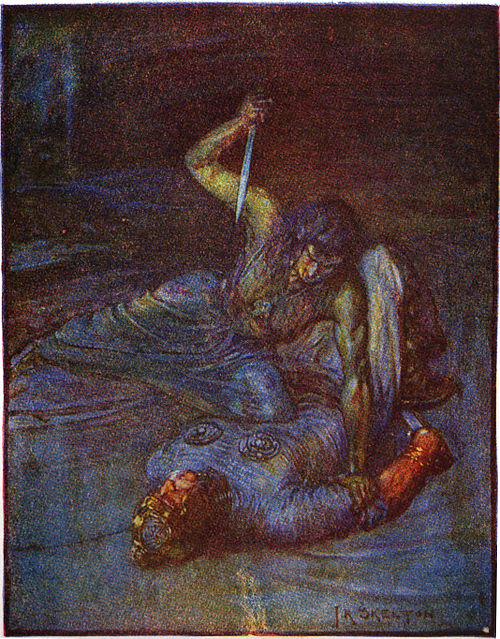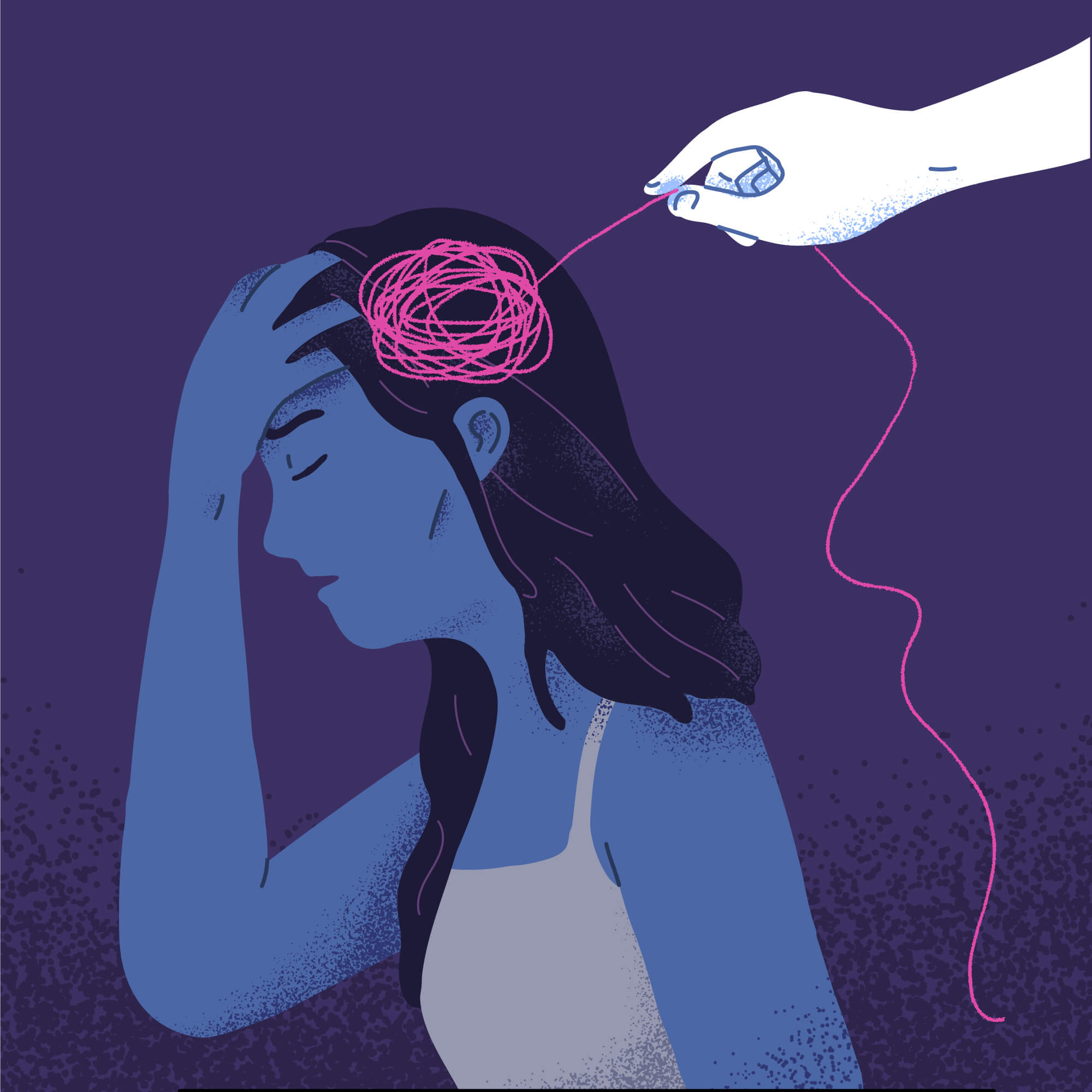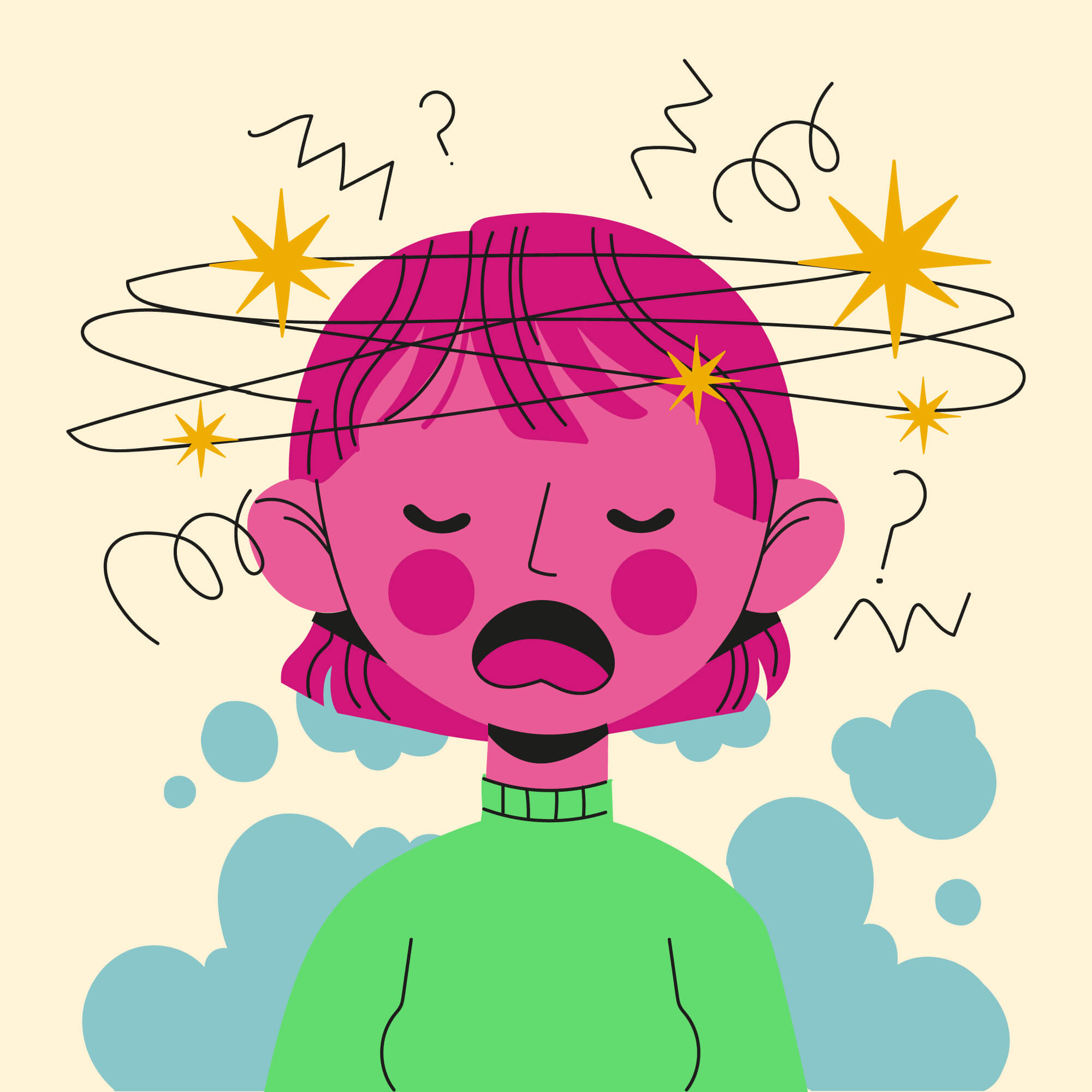Maternal rage emerges in the aftermath of betrayal. It is forged in fluorescent rooms where the language of support masks the practice of abandonment, where professionals nod and promise, then disappear. It accumulates through repetition—through the obscene expectation that we return, child in hand, to the site of harm, dressed in civility, prepared to collaborate with those who have already chosen institutional comfort over our child’s pain.
This rage carries the weight of moral injury. It stains the soul when a mother smiles at those who erased her child, simply to keep the door open. It thickens in the throat when she is forced to be strategic while her child suffers. It is a scream held behind the teeth by necessity, by fear, by the knowledge that any visible grief will be called instability.
Maternal rage understands that systemic neglect is harm. That policy can injure. That calm is often coerced. It knows the difference between composure and complicity.
What follows is the scream that could not be spoken.
It is written for the women who have carried rage like a secret, who have swallowed it with shame and called it survival. That fury is holy. That fury is right. You are right.
This is what it feels like to walk into another meeting, watching harm accumulate, and realising—with cellular certainty—that you are trapped in an abusive relationship with the school.
-
The unseen wounds of advocacy: caregiver burnout, moral injury, and embodied grief
Caregiver burnout in BC schools reflects moral injury and systemic…
A litany
Do you want to know why I didn’t say anything in that meeting?
Do you want to know why I sat there, mouth a thin line, hands folded like I was praying, like I was waiting to be told I was a good girl, like I hadn’t already imagined myself leaping across the table and pressing your smug, flat face into the polished wood until the only thing you could mouth was your apology to my child?
It was because I have learned that the one who screams is the one they call unstable.
It was because I have learned that the mother who raises her voice loses her credibility.
It was because I have learned that you might call the police, and I researched and knew the threat of what might come next was real: the ministry, the psychologist, the crisis team, the social worker.
But just because I did not speak does not mean it was quiet in my brain.
Just because I did not scream does not mean I did not burn.
I sat there with a scream like a hot iron in my throat. I sat there with every insult you’ve ever lobbed at a mother like a knife clutched in my spine. I sat there and I recited the names of every woman who has ever been called too much for naming the truth. And I felt their moral indignation like a nuclear bomb exploding in concentric circles, sucking the oxygen out of every living thing.
I sat there and imagined your smile dripping off your face like flesh peeling back after radiation, sloughing off your shitty grin. I sat there and saw your fingers break every time they reached for my child’s name. I sat there and thought of ramming your words back down your throat until you gagged on your own sanctioned cruelty. I imagined dragging your sanctimonious platitudes by the hair through your stinking, fluorescent-lit corridors. I imagined gutting your carefully worded policy and leaving it in a heap beside your lanyard, like the corpse of a dead fish, belly-up and rotting. I imagined peeling your clipboard from your fingers and writing, in my own blood, “You failed.”
-
Epistemic silencing of disabled children’s primary caregivers
Epistemic silencing in BC schools discredits mothers’ knowledge, reframes advocacy as aggression, and erases disabled children’s pain, leaving families punished for truth.
This is violence not care
Do you want the truth? Here it is:
You don’t give a fuck about my kid.
You care about your own comfort, about your career, about never being blamed, about protecting the institution, about the language of support and not the practice of it, about the safety plan like it’s scripture even when it writes my child out of her own story, about meeting notes, about semantics, about the reputation of the school, about the budget, the optics, the chain of command, about being seen as helpful, about keeping your job.
And me? I care about my child.
I care about the fact that she cried every day for a month after school and you called it resilience. I care about the bruise on her shoulder and how you said it was “incidental peer contact.” I care about how you file everything I say under ‘Forget immediately.’ I care about how you blame her for a situation you engineered. I care about how you said she was a distraction when she was begging to learn. I care about how you staged this whole meeting as a pantomime of consensus when the form had already been signed.
And I don’t want your apologies. I don’t want your timelines. I don’t want your frameworks. I don’t want your nodding. I don’t want your concerned forehead. I don’t want your sweet shitty tone. I don’t want your behavioural observations. I don’t want your follow-up email. I don’t want your meeting minutes. I don’t want your gentle voices or your laminated lies or your trauma-informed gaslighting.
I want my child to be safe, and whole, and seen as a person and not a problem.
I want you to feel, just once, what it is like to watch someone smile while they erase your child from the world.
You think I’m dangerous because I cry too easily; you should be more afraid of the mothers who no longer cry, the ones who have written it all down, the ones who waited, who watched, who remembered everything, who are no longer asking.
We are here to scream until your windows crack.
We are here to scream until the fire drills sound like warning. We are here to scream until your safety plans are rewritten with our blood. We are here to scream until no more children are disappeared beneath your laminated charts.
Afterwards
There are things we do not want to name because once named, they rearrange everything. Once we say this is abuse, we cannot return to the meeting table as if we are colleagues. Once we say this is violence, we cannot unsee the bruises.
What happens in schools to disabled children—especially those who are neurodivergent, racialised, poor, gender-nonconforming, or parented by women who do not comply—is not simply neglect. It is organised betrayal. It is a system that harms under the guise of help, isolates under the guise of inclusion, and gaslights under the guise of collaboration.
And what it does to mothers—what it extracts from us in exchange for access—is its own form of moral injury. We are asked to keep returning, to translate abuse into strategy, to nod along while our children are erased by metrics and tone. We are told to regulate ourselves while the system refuses to regulate its own violence. And when we finally refuse—when we break formation and speak plainly—we are pathologised as the problem.
This is why maternal rage matters. This is why the scream must be preserved, recorded, made visible. Because it is not a breakdown; it is a ledger. It is the most honest account of what this system costs.
If you are reading this and feeling cracked open, please take care of yourself. Step outside. Drink water. Lie down with your hand on your chest. Say your child’s name. Say your own. You are not broken. You are bearing witness to something unbearable. And the work of naming it is not easy. It is holy. It is exacting. It is necessary.
You are not imagining things. You are seeing them. And once seen, they call for action, for solidarity, for refusal. But first—they call for rest. For tending to the wound the world keeps trying to dismiss.
Take care.
-
Field notes from the frontlines of maternal disobedience
This essay charts the intellectual and emotional ground I’ve been covering lately—disability justice, compliance logic, institutional betrayal, and legal clarity. Each section links to a recent piece of writing that names harm, traces its structural origins, and places language around what advocacy does…










